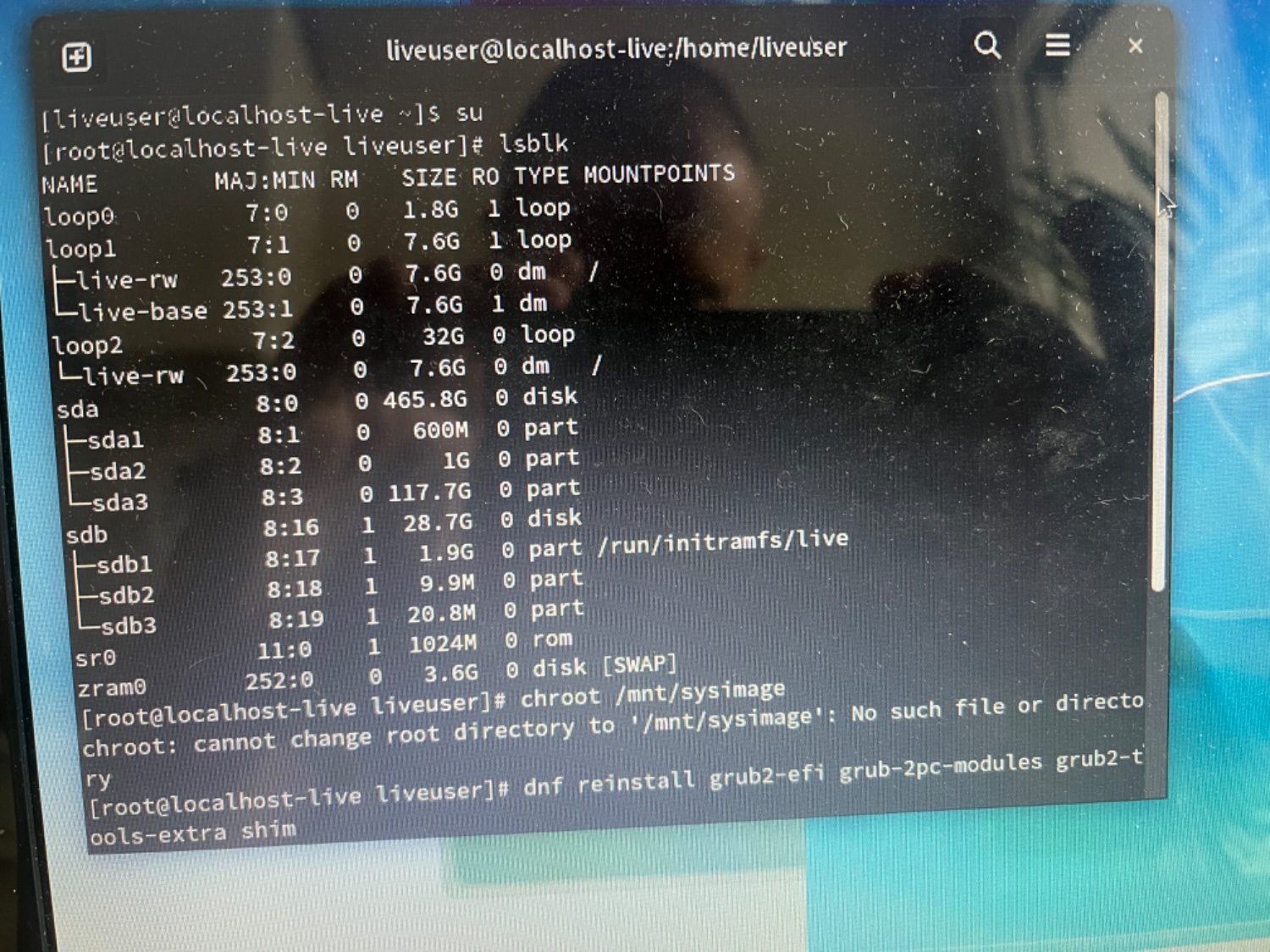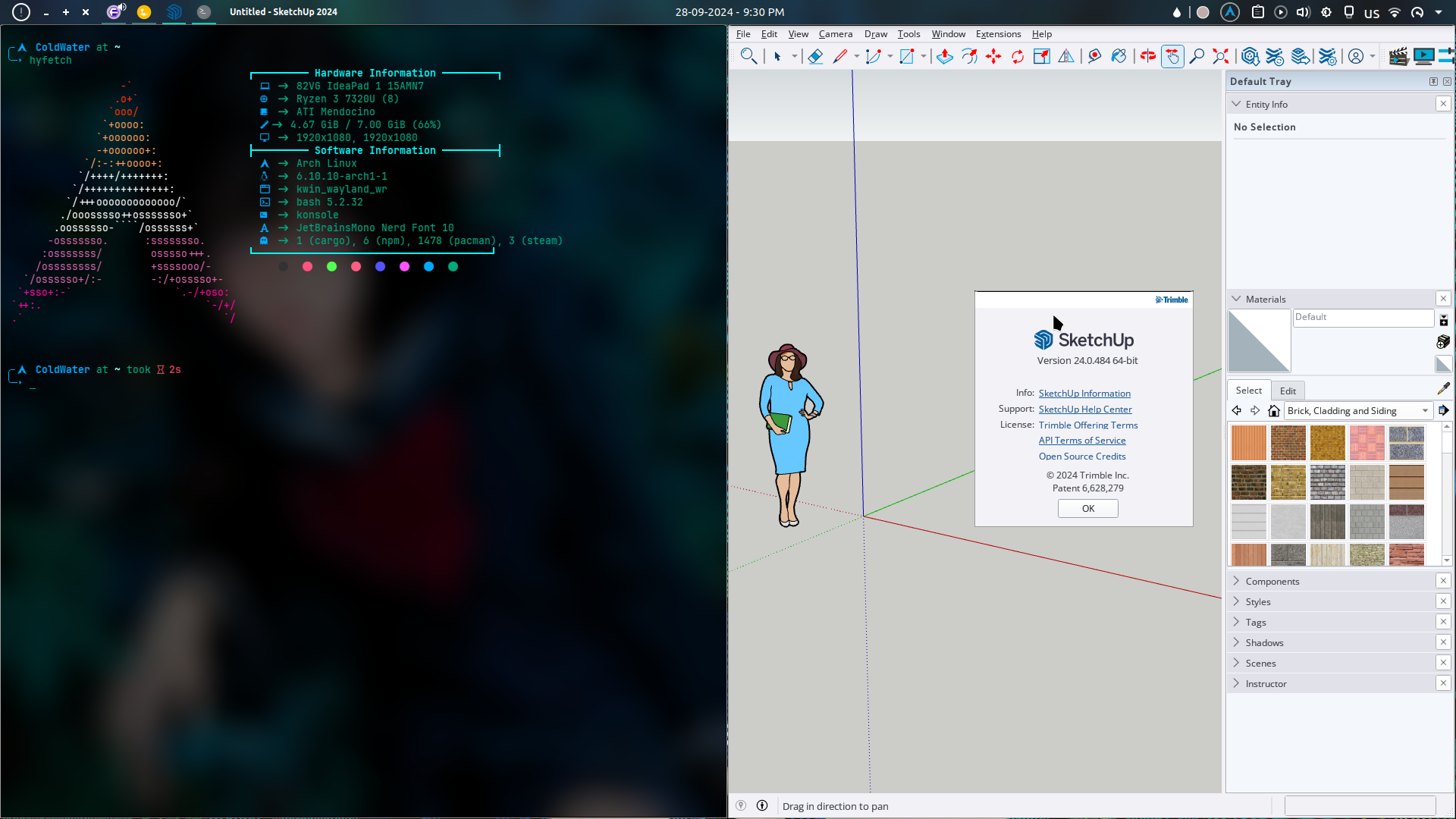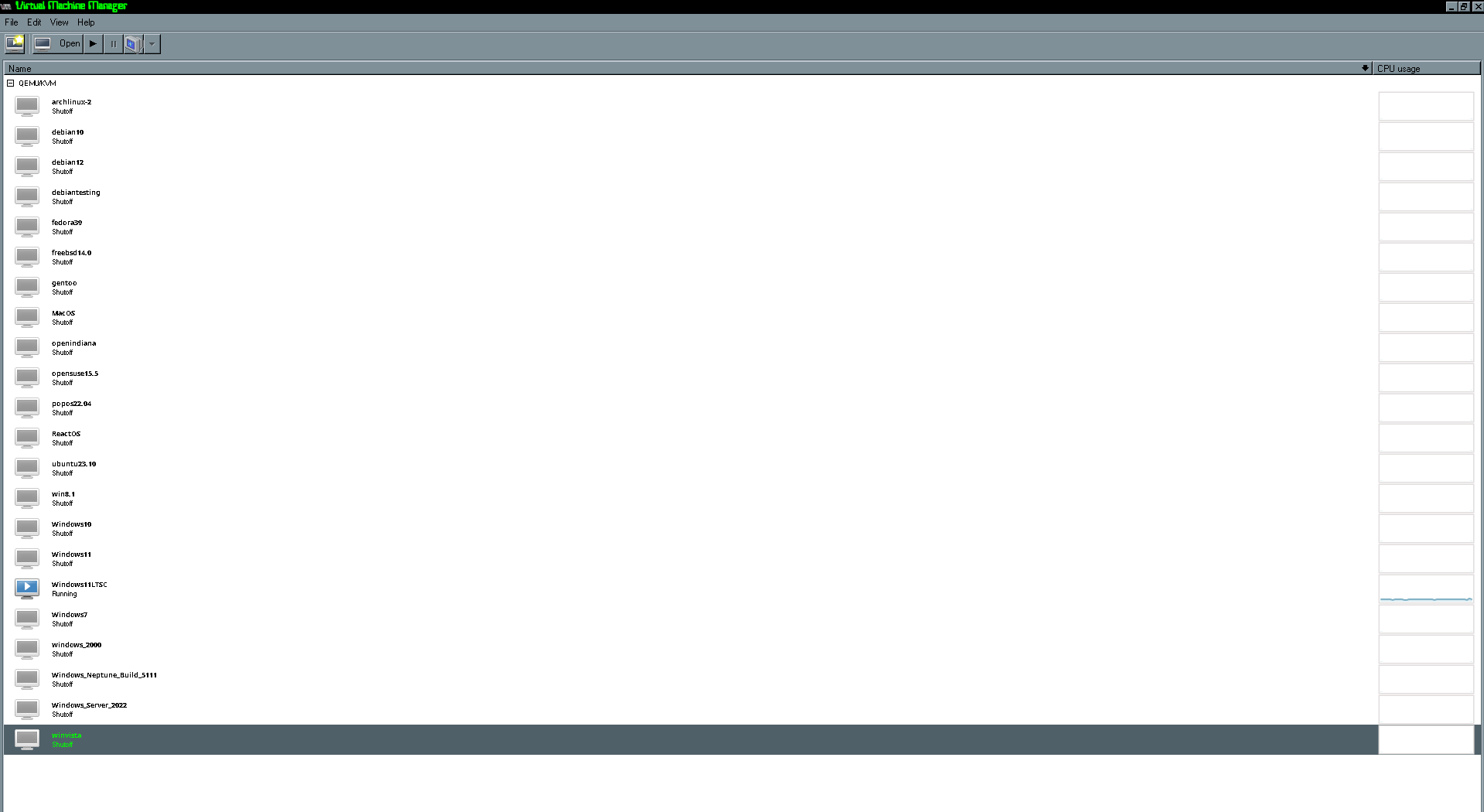Linux
48965 readers
1709 users here now
From Wikipedia, the free encyclopedia
Linux is a family of open source Unix-like operating systems based on the Linux kernel, an operating system kernel first released on September 17, 1991 by Linus Torvalds. Linux is typically packaged in a Linux distribution (or distro for short).
Distributions include the Linux kernel and supporting system software and libraries, many of which are provided by the GNU Project. Many Linux distributions use the word "Linux" in their name, but the Free Software Foundation uses the name GNU/Linux to emphasize the importance of GNU software, causing some controversy.
Rules
- Posts must be relevant to operating systems running the Linux kernel. GNU/Linux or otherwise.
- No misinformation
- No NSFW content
- No hate speech, bigotry, etc
Related Communities
Community icon by Alpár-Etele Méder, licensed under CC BY 3.0
founded 5 years ago
MODERATORS
851
852
853
23
Signature related issues causing rpm-ostree updates to fail in uBlue-os (silverblue:main)
(discuss.tchncs.de)
854
855
54
OpenPrinting News Flash - cups-browsed Remote Code Execution vulnerability
(openprinting.github.io)
856
857
858
859
860
59
Anyone know if the MX creative console from logitech works on Linux (and to what degree?
(www.logitech.com)
861
862
863
864
865
866
867
868
869
870
871
175
872
873
874
875
161
Arch Linux and Valve Collaboration - Arch-dev-public - lists.archlinux.org
(lists.archlinux.org)


